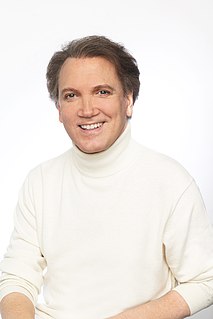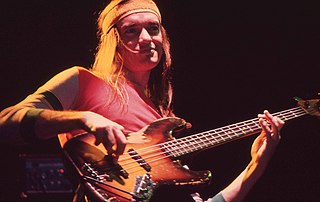A Quote by Thom Yorke
I wrote a lot of stuff quickly: pages and pages of notes that seemed pretty incoherent at first. Most of it was taken from the radio because -suddenly being a parent- I'd be confronted by the radio giving a news report every hour of the day.
Related Quotes
I started doing a half-hour Sunday night talk show on college radio station KUNV. That excited me more than anything I'd ever done. I went through the Yellow Pages to find people who seemed interesting. I'd goof on these people, but they were so excited to be on the radio that they didn't even notice.
During my last year of college I wrote the same ten pages over and over again. Those ten pages became the first few pages of my first novel. I can still recite the opening paragraph from memory - only now I cringe when I do it because they are - surprise! - a classic example of overwriting, in addition to being a more than a little pretentious.
I was a journalist. I was a drummer. I was everything. I didn't know what the heck I was. But with Jack Paar, the job was very specific - no confusion. You came in each day. You wrote five pages of jokes. You handed the pages in... The pressure was to write five pages of jokes every day. I did it, and I thought, 'This is what I like to do.'
I took many notes, more than usual before I sat down and wrote Act One, Scene One. I had perhaps eighty pages of notes. . . . I was so prepared that the script seemed inevitable. It was almost all there. I could almost collate it from my notes. The story line, the rather tenuous plot we have, seemed to work out itself. It was a very helpful way to write, and it wasn't so scary. I wasn't starting with a completely blank page.
College radio is a very important medium that needs to survive in difficult economic times when some stations are being sold off and shut down. College radio is the future for broadcasting stars and pioneers of tomorrow, and we as a band, Coldplay, support the vital mission of college radio and we also support College Radio Day, the day when college radio comes together.




































